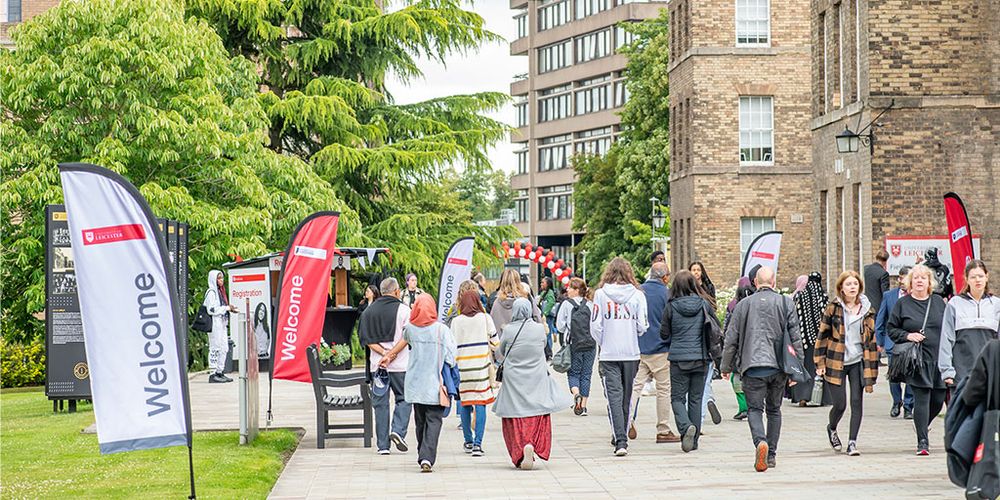Farhad Peerally
@drfarhadp.bsky.social
650 followers
100 following
50 posts
UK-based Clinical-Academic Gastroenterologist with interests in quality and safety in healthcare, inflammatory bowel disease and Barrett’s oesophagus.
Posts
Media
Videos
Starter Packs
Pinned
Reposted by Farhad Peerally
Farhad Peerally
@drfarhadp.bsky.social
· Feb 12
Farhad Peerally
@drfarhadp.bsky.social
· Feb 12
Farhad Peerally
@drfarhadp.bsky.social
· Feb 12
Farhad Peerally
@drfarhadp.bsky.social
· Feb 12
Farhad Peerally
@drfarhadp.bsky.social
· Feb 12
Farhad Peerally
@drfarhadp.bsky.social
· Feb 12
Farhad Peerally
@drfarhadp.bsky.social
· Jan 11
Farhad Peerally
@drfarhadp.bsky.social
· Jan 11
Farhad Peerally
@drfarhadp.bsky.social
· Jan 11
Farhad Peerally
@drfarhadp.bsky.social
· Jan 11
Farhad Peerally
@drfarhadp.bsky.social
· Jan 11
Farhad Peerally
@drfarhadp.bsky.social
· Jan 11
Farhad Peerally
@drfarhadp.bsky.social
· Jan 11
Farhad Peerally
@drfarhadp.bsky.social
· Jan 11
Farhad Peerally
@drfarhadp.bsky.social
· Jan 11
Farhad Peerally
@drfarhadp.bsky.social
· Jan 11
Farhad Peerally
@drfarhadp.bsky.social
· Jan 11
Farhad Peerally
@drfarhadp.bsky.social
· Jan 11
Farhad Peerally
@drfarhadp.bsky.social
· Jan 11



